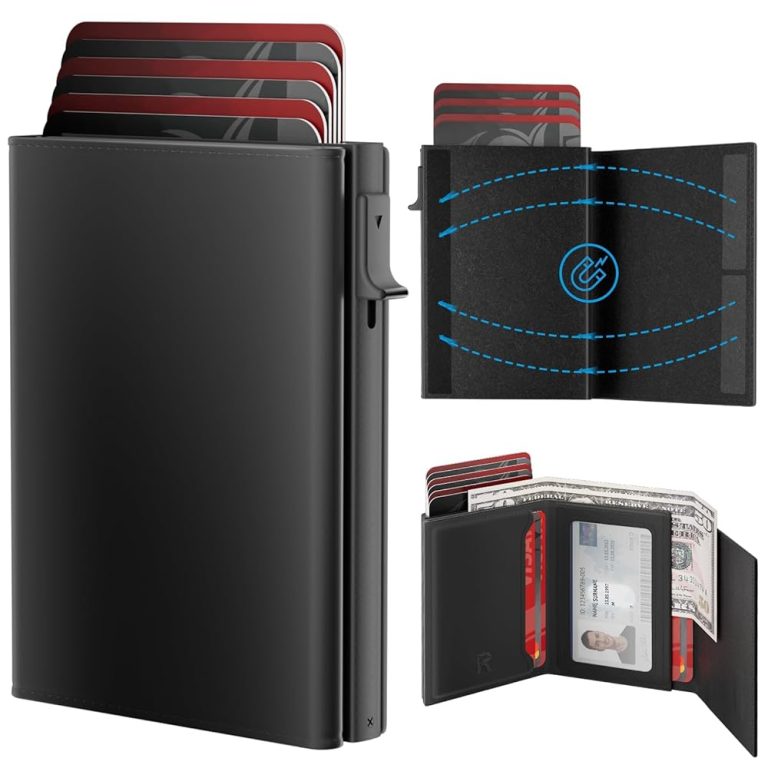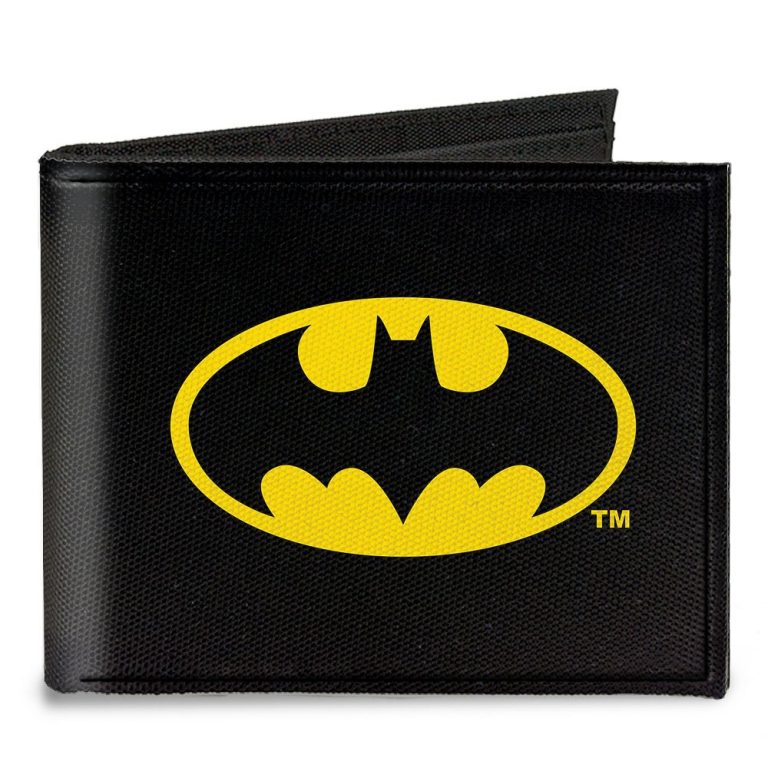What is a Chain Wallet?
A chain wallet is a secure tool for storing and managing cryptocurrencies. It acts as your private gateway to blockchain transactions. Whether storing Bitcoin, Ethereum, or other coins, it keeps your assets safe. Chain wallets give users control over their funds without relying on third parties.
Definition and Purpose
A chain wallet is a digital wallet for cryptocurrencies. It enables you to store, send, and receive crypto securely. The purpose of a chain wallet is to protect your private keys and enable crypto transactions. Private keys are crucial for accessing and managing your cryptocurrency. Without a wallet, unauthorized users could access and lose your funds.
Primary functions include:
- Storing private and public keys.
- Enabling secure blockchain interactions.
- Managing multiple cryptocurrency balances.
By using a chain wallet, users can ensure more control over their assets. Unlike exchange wallets, chain wallets reduce risks like platform failures or hacking.
Types of Chain Wallets: Hot vs. Cold
Chain wallets come in two main types: hot and cold. Understanding them helps in choosing the right option.
Hot Wallets:
Hot wallets are connected to the internet. These are often apps or web-based services. Examples include MetaMask and Trust Wallet. They are convenient for frequent transactions but more vulnerable to hacking. Hot wallets are ideal for day-to-day crypto use.
Cold Wallets:
Cold wallets store keys offline, offering maximum security. Examples are hardware wallets like Trezor and Ledger. Since they remain offline, they are highly secure from online threats. Cold wallets are best for long-term storage of large funds.
Each type serves unique purposes. Beginners often start with hot wallets for simplicity. Advanced users favor cold wallets for better security.
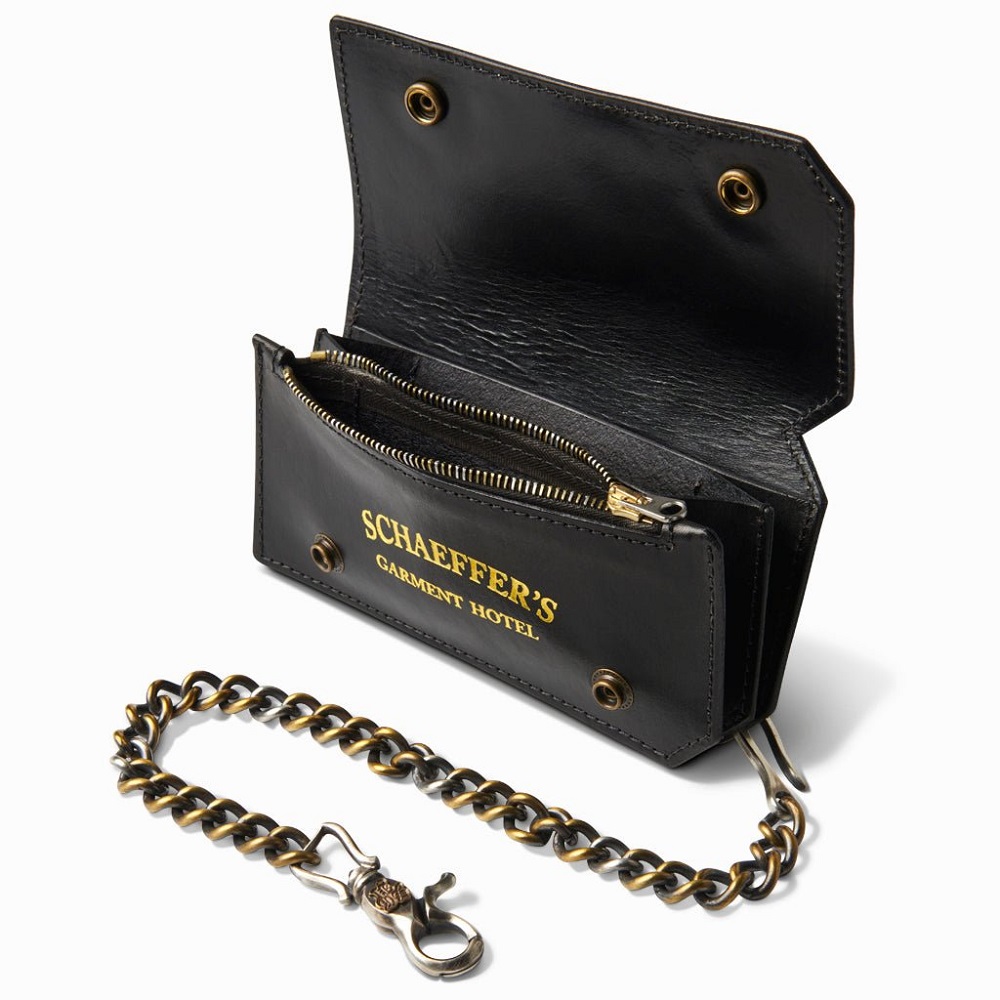
How Chain Wallets Work
Understanding how chain wallets work is essential for managing cryptocurrency securely. They leverage blockchain technology and utilize private and public keys. Let’s delve into the basics.
The Basics of Blockchain Technology
Blockchain is a decentralized and transparent ledger system. It records transactions across multiple computers. Each transaction forms a “block” that connects to others, creating a “chain.” This structure ensures data cannot be altered once recorded.
Chain wallets interact with blockchain networks. They act as tools to send, receive, and store crypto. The wallet ensures that your transaction details are added accurately to the blockchain. This process maintains transparency and security.
One key feature of blockchain is immutability. It eliminates risks of tampering and fraud. Every block contains data, a unique hash, and links to previous blocks. This makes blockchain reliable for securing assets.
Private and Public Keys Explained
Private and public keys are central to the function of chain wallets. They control access to your cryptocurrency.
Public Keys
A public key is shared with others for receiving crypto. Think of it as your wallet’s address. It is safe to share public keys widely.
Private Keys
Private keys are secret codes that unlock your funds. They prove you have ownership and access. Only you should know your private keys.
Private keys enable transactions by verifying your identity. Without them, funds are inaccessible. Losing private keys can mean permanent loss of assets.
Chain wallets use cryptographic techniques to create keys. These techniques ensure security and prevent unauthorized access. Managing your keys properly is crucial for safe cryptocurrency handling.
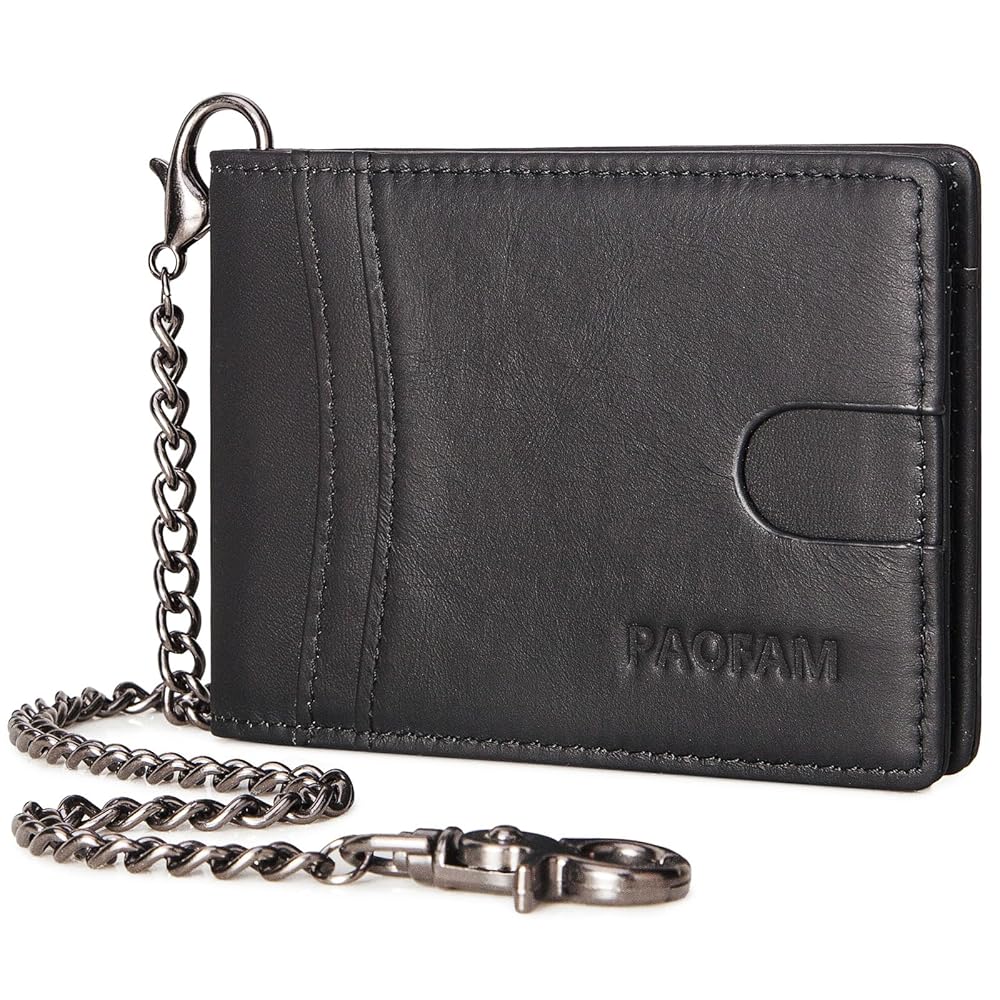
Benefits of Using a Wallet
Chain wallets offer multiple benefits for cryptocurrency users. These wallets enhance security and provide decentralized access. Let’s explore why chain wallets are essential for managing and safeguarding your assets.
Enhanced Security Features
Chain wallets are designed with robust security measures. They protect your cryptocurrency from unauthorized access and theft.
- Private Key Storage: Chain wallets securely store private keys, keeping them inaccessible to others.
- Encryption: Advanced cryptographic techniques ensure your keys and transactions remain secure.
- Multi-Signature Options: Some wallets allow multiple signatories for added protection.
- Offline Storage (Cold Wallets): Cold wallets keep keys offline, safeguarding them from online threats.
Unlike exchange wallets, chain wallets minimize risks like hacking or platform failures. These features make them a critical tool for protecting your assets.
Decentralized Access Control
With chain wallets, you control your cryptocurrency without relying on third parties. This decentralization provides greater freedom and security.
- Ownership of Private Keys: You are the sole owner of your private keys.
- Reduced Risk of Centralized Failures: Chain wallets remove reliance on exchanges, which may be prone to attacks or downtimes.
- Direct Blockchain Access: Transactions occur directly on the blockchain, eliminating intermediaries.
By decentralizing access, chain wallets empower users to manage their crypto independently. This reduces vulnerabilities associated with centralized services and enhances privacy.
By combining strong security features and decentralized control, chain wallets help users safeguard their assets. For anyone dealing with cryptocurrency, these benefits make chain wallets an indispensable tool.
How to Choose the Right Wallet
Choosing the right chain wallet is crucial for crypto safety and convenience. Several factors influence your decision, as no single wallet fits all needs. Let’s explore the key points to consider.
Evaluating Security Protocols
Security should be your top priority when selecting a chain wallet. Here’s how to evaluate it:
- Encryption Standards: Check if the wallet uses strong encryption to protect private keys.
- Two-Factor Authentication (2FA): Look for wallets with 2FA for added security.
- Multi-Signature Options: Some wallets allow multiple signatories, which enhances protection.
- Offline Storage Support: Opt for cold wallets if you want robust offline storage for large assets.
By choosing a wallet with advanced security features, you can better protect your cryptocurrency from theft or hacking.
Integration with Cryptocurrencies
Not all chain wallets support every type of cryptocurrency. Assess whether the wallet meets your needs:
- Supported Coins: Ensure the wallet supports the specific cryptocurrencies you use.
- Blockchain Compatibility: Verify that it integrates with the blockchain networks you prefer.
- Token Management: Look for wallets that can manage multiple coins and tokens easily.
Choosing a wallet with broad integration ensures seamless usage across various cryptocurrencies.
User Experience and Accessibility
Ease of use significantly impacts your experience. Consider these factors for better accessibility:
- Simple Interface: A wallet with a clean, intuitive interface is ideal for beginners.
- Device Compatibility: Check if the wallet works on your smartphone, desktop, or both.
- Customer Support: Reliable customer service can help with setup or troubleshooting issues.
- Backup and Recovery Options: Ensure easy recovery methods like recovery phrases or keys.
A user-friendly wallet enhances day-to-day crypto management, making it more efficient and enjoyable.
By evaluating security, integration, and usability, you can select a chain wallet that suits your crypto needs. Research thoroughly and opt for a wallet designed for safety and convenience.
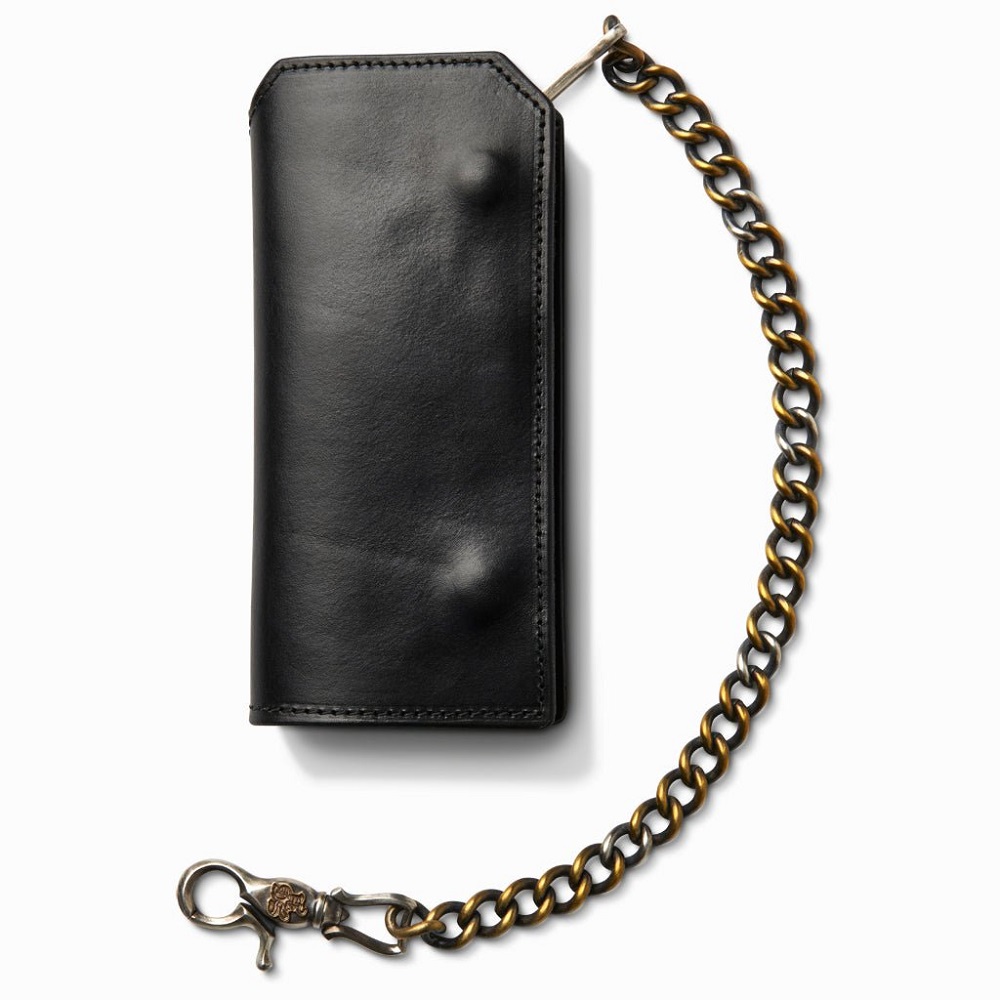
Best Practices for Securing Your Wallet
Proper security practices safeguard your chain wallet and cryptocurrency assets. These tips ensure stronger protection.
Importance of Strong Passwords
Strong passwords are essential for protecting your chain wallet. A weak password invites risks. Here’s how to create a robust one:
- Use Long Passwords: Opt for passwords with at least 12 characters.
- Include Diverse Characters: Combine uppercase letters, lowercase letters, numbers, and symbols.
- Avoid Predictable Words: Avoid common words, names, or sequences like “123456.”
- Unique Passwords for Each Wallet: Never reuse passwords across multiple wallets.
By creating a strong password, you reduce the chances of unauthorized access.
Managing Recovery Phrases Safely
Recovery phrases are keys to restoring access to your wallet. Mishandling them can lead to asset loss. Follow these guidelines:
- Write It Down: Write your recovery phrase on paper and store it securely.
- Avoid Digital Storage: Don’t store recovery phrases on digital devices prone to hacking.
- Keep Multiple Copies: Store copies in separate, secure locations.
- Share Wisely: Never share the phrase with untrusted individuals.
Proper management of recovery phrases ensures access to your wallet in case of emergencies.
Avoiding Common Security Risks
Avoid common mistakes that compromise wallet security. Stay vigilant by:
- Using Official Software: Download wallets only from trusted sources or official websites.
- Updating Regularly: Keep wallet software up-to-date to prevent vulnerabilities.
- Beware of Phishing: Avoid clicking on suspicious links or emails.
- Avoid Public Wi-Fi: Use secure networks for wallet access to prevent interception.
- Enable Two-Factor Authentication (2FA): Add an extra layer of security for wallet access.
These proactive measures reduce the chances of hacking or loss.
By following these practices, you can greatly enhance the security of your chain wallet. A secure wallet ensures peace of mind when managing cryptocurrency.

Popular Wallets to Consider
Choosing the right chain wallet often depends on your needs, preferences, and security priorities. Two main types of chain wallets—hardware and software wallets—cater to different user groups. Here’s a closer look at some popular options.
Hardware Wallets: Trezor, Ledger
Hardware wallets are physical devices that keep private keys offline. They offer unparalleled security.
Trezor
- Easy to use with a clean interface.
- Supports a wide range of cryptocurrencies.
- Offers strong encryption and 2FA for protection.
- Ideal for long-term crypto storage and large assets.
Ledger
- Compact design with robust security features.
- Compatible with numerous blockchain networks.
- Backup features enable recovery in case of loss.
- Suitable for safeguarding high-value assets offline.
Both Trezor and Ledger wallets are trusted by advanced users due to their superior security.
Software Wallets: MetaMask, Trust Wallet
Software wallets are apps or browser extensions. These wallets are perfect for frequent transactions.
MetaMask
- User-friendly interface for beginners and advanced users.
- Compatible with Ethereum and other blockchains.
- Enables interaction with decentralized applications (dApps).
- Great for day-to-day crypto use with convenience.
Trust Wallet
- Supports multiple cryptocurrencies and tokens.
- Designed for mobile use with seamless navigation.
- Offers features like staking to earn rewards.
- Secure storage with private keys controlled by users.
Both MetaMask and Trust Wallet provide flexibility and simplicity, making them popular among crypto enthusiasts.
To choose among hardware and software wallets, consider factors like transaction frequency, security needs, and ease of use. These wallets empower users to manage crypto assets securely while catering to diverse needs.
Frequently Asked Questions About Wallets
Are Chain Wallets Anonymous?
Chain wallets provide partial anonymity. Transactions are recorded on the blockchain but don’t link directly to identities. Public keys are visible, but they don’t disclose personal information. Using additional privacy tools can improve anonymity further.
Can Chain Wallets Be Hacked?
Chain wallets can be hacked if security measures are weak. Hot wallets, connected online, are more vulnerable. Cold wallets, stored offline, offer stronger protection against cyberattacks. To reduce risks, use strong passwords, update software, and enable multi-factor authentication.
Differences Between Chain Wallets and Exchange Wallets
Chain wallets give users complete control over private keys and assets. Exchange wallets rely on third parties to manage keys, increasing the risk of platform failures. Chain wallets offer better security and decentralization compared to exchange wallets.

Future of Chain Wallet Technology
The future of chain wallets is shaped by technological advancements and evolving user needs. As cryptocurrencies grow, wallet technologies must adapt to provide better security and usability.
Emerging Trends and Innovations
Innovative trends are redefining chain wallet capabilities. Developers focus on enhancing convenience and security.
- Smart Wallets: AI-powered wallets optimize cryptocurrency management and automate transactions.
- Biometric Authentication: Advanced authentication methods like fingerprint or face recognition improve access security.
- Multi-Blockchain Support: Wallets now support various blockchain networks for seamless multi-coin management.
- Integration with Decentralized Finance (DeFi): Chain wallets increasingly integrate with DeFi applications for lending, staking, and trading.
- Non-Fungible Token (NFT) Storage: Modern wallets allow users to securely store and manage NFT assets.
These innovations ensure chain wallets align with user demands in a fast-changing crypto landscape.
Potential Impacts on Crypto Security
Advanced chain wallet technologies influence cryptocurrency security positively. They reduce risks and improve user confidence.
- Stronger Encryption Methods: Enhanced encryption protects private keys and transaction data more effectively.
- Reduced Phishing Risks: Wallets integrate security layers to detect and block phishing attempts.
- Improved Cold Storage Solutions: Offline storage methods become more user-friendly and reliable.
- Adaptive Security Models: Emerging wallets use dynamic security approaches to counter new threats.
- Education on Wallet Security: More innovations include user-friendly guides for safer wallet management.
As these technologies evolve, chain wallets will continue to play a critical role in protecting assets. By embracing such advancements, crypto users can manage their funds securely and efficiently.
Conclusion
Chain wallets are a valuable asset in the realm of cryptocurrency, providing both security and convenience for managing digital assets. Their benefits range from enhanced protection to user-friendly experiences, making them suitable for all types of users. Understanding how to choose, set up, and maintain a chain wallet ensures that you can enjoy the full capabilities of digital currencies, free from unnecessary worry.
By carefully considering your options and making informed decisions, you can safeguard your investments and make the most of your cryptocurrency journey. Remember, the world of digital assets is fast-paced and ever-changing; staying well-informed is key to navigating this landscape.
As you delve into the world of cryptocurrencies, let chain wallets be your trusted ally. With diligent practices and a focus on security, you can embrace the opportunities that digital currencies present while minimizing the risks involved. Exploring the potential of blockchain technology starts with taking the right steps to protect your assets with a reliable chain wallet.

